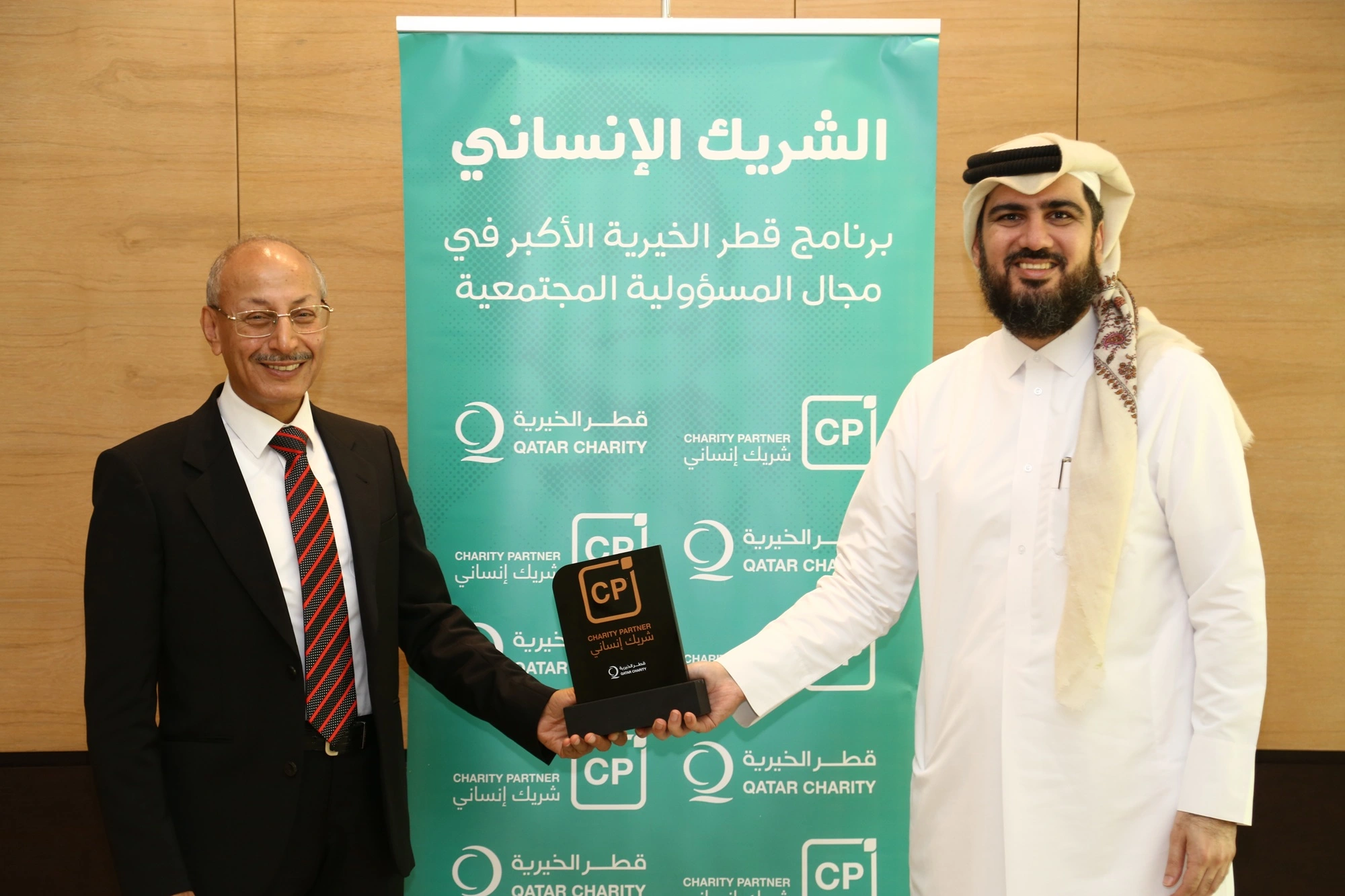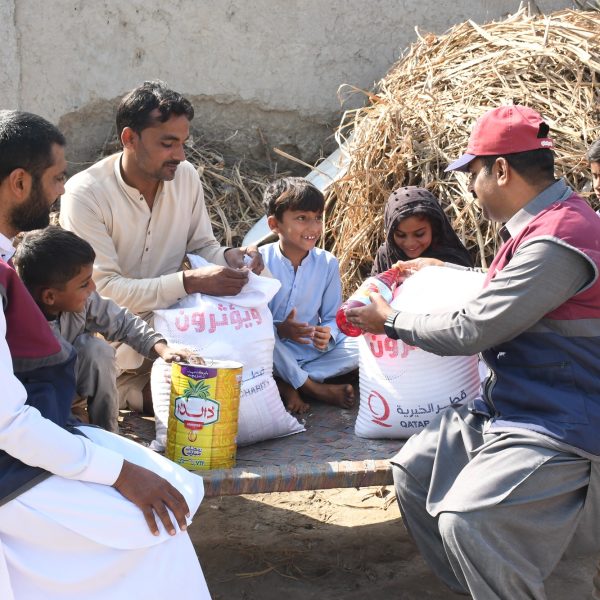Philanthropy, the act of giving time, money, or resources to those in need, has long been a driving force behind positive social change. It plays a crucial role in addressing societal challenges and advancing the global agenda for sustainable development.
However, in an ever-changing world with complex problems, it is essential to reevaluate traditional approaches to philanthropy and find innovative ways to make charitable efforts more effective in fostering sustainable development. Rethinking philanthropy is not about diminishing the generosity of donors but about maximizing the impact of their contributions.
By adopting a more strategic, long-term, and data-driven approach, philanthropy can become a catalyst for sustainable development. The challenges facing our world today require innovative solutions and collaborative efforts, and effective philanthropy has a pivotal role to play in creating a brighter and more sustainable future for all. As individuals, organizations, and communities come together to address global issues, we can harness the power of giving to make a meaningful difference in the world.
Table of contents
The Power of Effective Philanthropy
Philanthropy is a powerful tool for promoting sustainable development because it has the potential to drive meaningful, long-term change. Charitable organizations and individuals can leverage their resources to support a wide range of initiatives, from improving education and healthcare to addressing poverty and environmental conservation. However, the impact of philanthropy can be significantly enhanced through a more strategic and thoughtful approach. Traditional means of philanthropy, while valuable and impactful in many ways, also need to adapt and evolve to address the changing dynamics of the world. The challenges facing humanity today, such as climate change, inequality, and global health crises, are increasingly complex and interconnected. Traditional philanthropic models may not adequately address these multifaceted issues that require innovative, holistic, and systemic approaches.
Challenges in Traditional Philanthropy
Traditional philanthropic approaches often fall short in achieving lasting and scalable results. Many charitable efforts tend to prioritize short-term relief over long-term systemic change. While immediate aid is crucial, it often does not address the root causes of social and environmental issues. Moreover, intervention can sometimes be fragmented, with numerous organizations working independently on similar problems. This lack of coordination can result in duplication of efforts and inefficient resource allocation.
Rethinking Philanthropy for Sustainable Development
To make philanthropy more effective in bolstering sustainable development, we need to consider utilizing innovative approaches and strategies.
Long-term thinking
Shift the focus from short-term relief to long-term solutions. Invest in initiatives that address the root causes of societal issues, aiming for sustainable change rather than quick fixes.
Collaboration and partnerships
Encourage collaboration among philanthropic organizations, governments, businesses, and civil society. Partnerships can leverage collective resources, expertise, and influence to tackle complex challenges more effectively.
Impact measurement
Embracing data-driven approaches is also crucial to bolster sustainable development through philanthropy. Implement robust monitoring and evaluation systems to measure the impact of charitable projects accurately. This allows donors to learn from successes and failures and refine their strategies accordingly.
Leveraging technology in charity efforts
Technology can significantly enhance the impact and efficiency of charitable organizations. For instance, establishing a solid online presence through a website and social media channels to raise awareness about charitable causes. Additionally, implementing a user-friendly and secure online donation system on the organization’s website can facilitate one-time and recurring donations.
Empowering local communities
Empowering local communities to be active participants in their own development. Through local awareness and educational campaigns, philanthropic efforts can be culturally tailored to the specific needs and aspirations of the communities they aim to serve.









